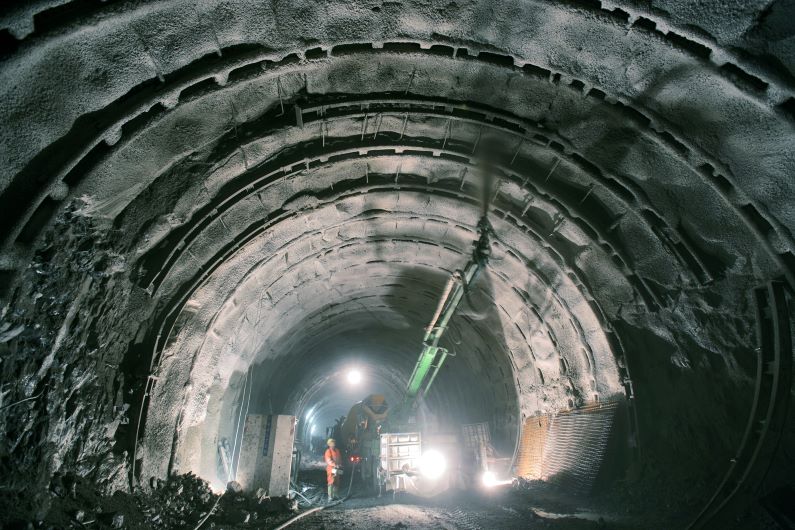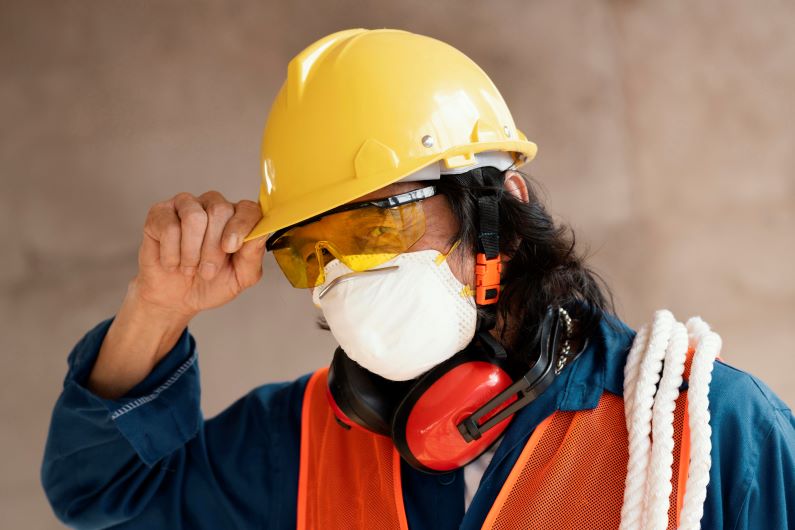
The following article is written by Steve Mallaby, CEO, adumo Payouts.
In the high-stakes industry of construction, the cost of complacency when it comes to workplace safety can be significant. From compensation costs to legal damages and lost productivity, the financial repercussions of poor safety practices are not only potentially major but can have lasting consequences on a company’s bottom line and damage its reputation. Incentivising safety measures not only mitigates such risks but also saves companies a substantial amount.
According to the Federated Employers Mutual Assurance Company (FEM), there were 6 077 reported accidents in the construction industry during 2022. The leading cause of injuries was the ‘struck by’ category, accounting for a massive 32.4% of accidents. This category includes incidents such as being struck by a motor vehicle while working near a public road or being hit by falling items like bricks or timber boards.
The average cost per accident was about R72 883. The cumulative number of lost work days due to accidents in the construction industry was a staggering 57 891 days for the year. In the mining sector, Minister of Mineral Resources and Energy Gwede Mantashe reported 2 056 occupational injuries in 2022.
The financial toll of workplace accidents is a harsh reality that companies in sectors like construction cannot afford to ignore. Compensation costs for injured workers, legal damages resulting from negligence, and the lost productivity during investigations and recovery can quickly add up, creating a financial burden that affects the overall health of a business.
adumo Payouts recognises the critical role of proactive safety measures to prevent costly accidents and incidents. By incentivising safety, companies can create a culture that prioritises the well-being of employees and minimises the risk of accidents and their subsequent financial fallout.
This approach involves not just complying with regulations but going above and beyond to ensure a safe working environment for all. adumo Payouts provides a unique solution that has a tangible benefit for workers in that they receive the actual incentive payouts.
In industries with large pools of blue-collar workers, such as mining, manufacturing, and construction, adumo Payouts employs a strategic approach to incentivise safety. It understands that influencing and encouraging behaviour that contributes to safe practices is paramount, hence its adoption of a card-based system. adumo’s comprehensive strategy aims to inculcate a Zero Harm culture, where safety is not just a priority, but a core value embedded in a company’s culture.
One of the key aspects of adumo’s strategy is the use of incentives to motivate workers. Financial rewards, recognition programmes, and other positive reinforcements not only make employees more aware of their surroundings but also instil a sense of pride in the corporate culture and values. When workers feel valued and appreciated for prioritising safety, they are much more likely to adopt and maintain safe practices, creating a positive ripple effect throughout the company.
REFERENCES
FEM 2022 CONSTRUCTION INDUSTRY WORKPLACE ACCIDENT STATISTICS https://www.fem.co.za/fem-2022-construction-industry-workplace-accident-statistics/.
KEY FACTS AND FIGURES: MINE HEALTH AND SAFETY STATISTICS – Energy https://www.energy.gov.za/files/media/pr/2023/Fact-sheet-of-2022-Mine-Health-and-Safety-statistics.pdf.
Safety Performance in SA: The stats and the facts – African Mining Online. https://www.africanmining.co.za/2022/08/01/safety-performance-in-sa-the-stats-and-the-facts/.
More news
- PART 2: CONCRETE IN THE DESIGN OF A UNIQUE LUXURY HOME IN GEORGE, SOUTH AFRICA
- PART 1: CONCRETE IN THE DESIGN OF A UNIQUE LUXURY HOME IN GEORGE, SOUTH AFRICA
- MVULE GARDENS, AFRICA’S LARGEST 3D-PRINTED AFFORDABLE HOUSING PROJECT
- PART 3: HARNESSING THE POTENTIAL OF HIGH SULPHUR FLY ASH IN CONCRETE PRODUCTION
- PART 2: HARNESSING THE POTENTIAL OF HIGH SULPHUR FLY ASH IN CONCRETE PRODUCTION





